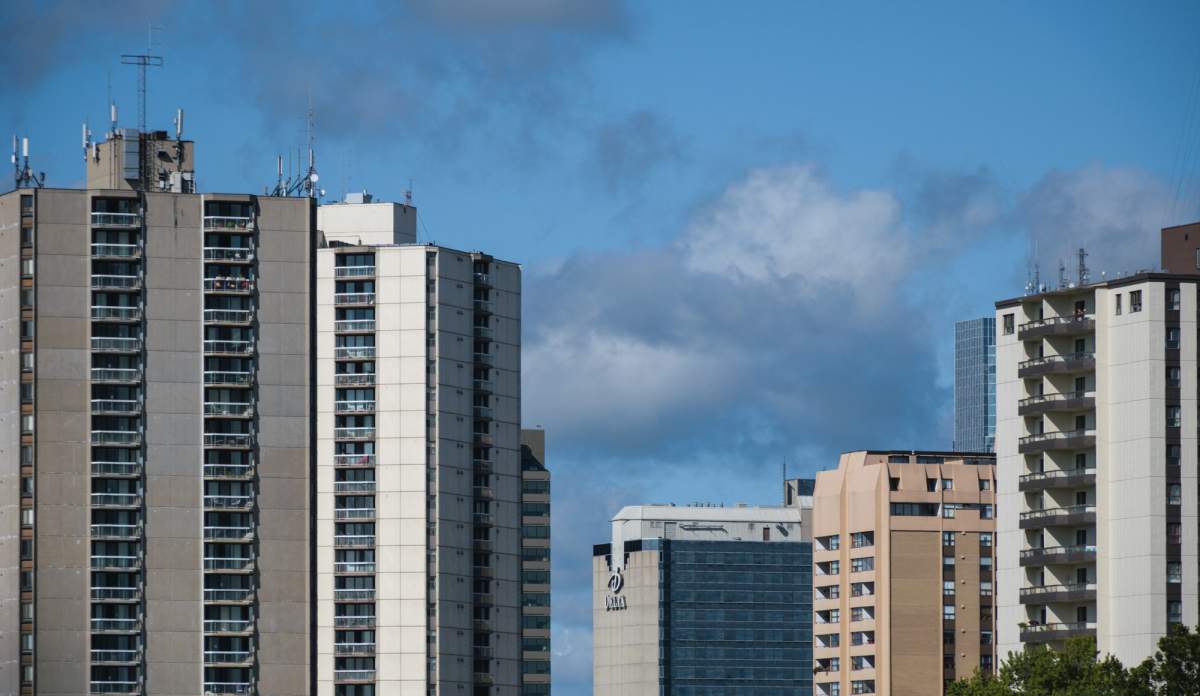City staff are proposing a pair of loan-based programs that would offer loans to developers and homeowners in hopes of bringing more affordable housing to London.

The programs are part of a proposed strategy aimed at serving those who do not qualify for rent-geared-to-income housing but still struggle to afford housing on their own.
It also comes amid a housing crisis that recently saw a governance overhaul of the city’s two housing agencies.
City staff’s strategy is built off of two loan-based programs: one for developers and another for homeowners.
Under the programs, developers and homeowners would receive loans of up to $20,000 so long as they met a number of qualifying criteria. The crux of these criteria is providing affordable housing, which the city defines as units that are equal to or less than average market rent.
Current numbers put the average market rent of a bachelor or studio apartment in London at $859 per month. Other average market rents can be found in the right column of the table below.

Qualifying developers would receive either a $10,000 loan, a $15,000 loan or a $20,000 loan.

Get breaking National news
To be eligible, developer properties would need to have at least five affordable units that remain affordable for at least 20 years.
If a building has more than 10 units, developers must ensure that no more than two-thirds of the units are affordable.
The interest-free loans would be paid back over a 10-year schedule and are intended to cover the upfront costs of development charges and affordable housing development.
The value of the loan doled out to developers would also depend on how affordable the units are, whether or not the developer pays city property tax and where the building is located in London.
Homeowners could have a chance at some cash under what’s called the Secondary Dwelling Unit Loan Program.
To qualify, homeowners would have to occupy the home with which they were applying for the loan. The homeowners must rent out an affordable space on a long-term basis, meaning short-term rentals such as those arranged through Airbnb would not qualify.
Homeowners would also have to have a residential rental unit licence.
Loans could be as high as $20,000 and would be interest-free. The loan would be paid back over a 10-year schedule, and 25 per cent of it would be forgivable.

A report from city staff said consultations with stakeholders took place over the summer, but more consultations with developers, homeowners, housing agencies and the general public are on the horizon.
City councillors will have a chance to debate the proposed strategy when they meet as the planning and environment committee on Monday.
If the strategy passes at the committee level, the plan could be rubber-stamped by the full city council before the end of November.
The proposed strategy comes on the heels of a new report from Rentals.ca that saw an increase of 5.5 per cent in Canadian monthly rent prices year over year. London ranked among the highest in terms of an annual increase in rent prices with an increase of 23.4 per cent.
The report lists London’s average market rent for a 1-bedroom apartment at $1,129 – nearly $100 more than the average market rent presented by city staff.
The city also ranks 26th in all of Canada in terms of highest average rent prices.












Comments
Want to discuss? Please read our Commenting Policy first.